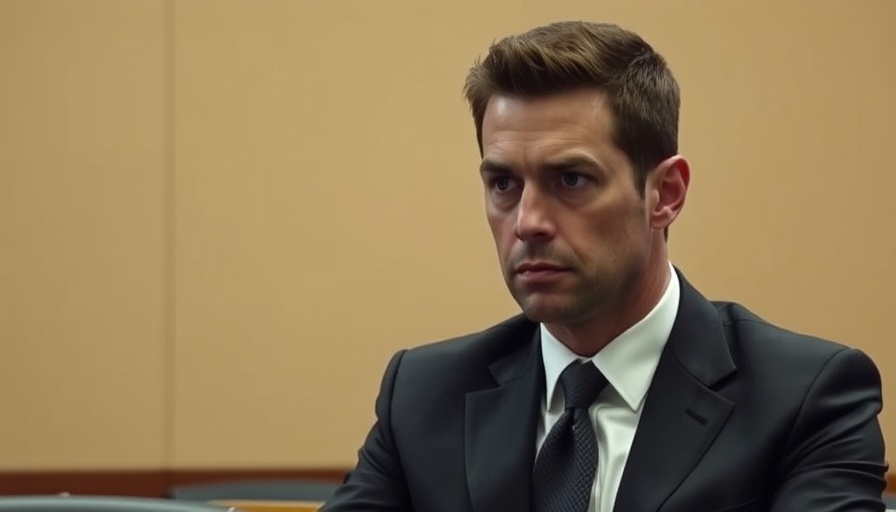
Understanding the Pressure on Law Enforcement Officers
The ongoing challenges faced by police officers are complicated by high-profile incidents that often receive widespread media attention. A member of the law enforcement labor organization recently voiced concerns over an incident that occurred in May 2022, where officers encountered a man who jumped into a lake. The controversial media coverage described the situation as officers standing by while a life was lost, which left my colleague questioning his moral responsibilities and the inherent risks of policing.
The Role of Media in Shaping Public Perception
Media portrayal plays a significant role in how law enforcement is perceived by the public. In the case of our officers, moments captured on body cameras were twisted into a narrative that suggested negligence. Headlines screamed indignation: “Arizona Man Drowns as Police Watch.” Such sensationalism not only mischaracterizes the officers' actions but also puts immense pressure on their morale. It's crucial to compare this situation with other crises in law enforcement where media narratives have painted officers as adversaries rather than protectors, often neglecting the complexities and challenges of their profession.
Maintaining Morale in Policing: Best Practices
To combat the effects of external pressures, law enforcement leaders must focus on strategies that promote officer wellness and morale. This includes reinforcing the message that officers need to prioritize their safety while remaining focused on their training. Establishing a supportive environment where officers feel valued and protected can enhance their resilience against public scrutiny.
Navigating the Political Landscape
Local government dynamics also play a crucial role in officer morale. When political leaders remain silent in the face of controversy or fail to support their officers publicly, it erodes trust and fosters a toxic environment. It is essential for law enforcement leaders to educate officers about these political nuances and ensure they know that as long as their actions adhere to established policies, they need not fear unwarranted criticism.
Actionable Insights for Law Enforcement Leaders
As we challenge the media narratives and work to maintain officer morale, leaders must arm themselves with actionable strategies. This can include the following:
- Training Programs: Implement training that prepares officers not just for physical confrontations but also mental challenges posed by media scrutiny.
- Community Engagement: Foster transparency through community outreach initiatives that build trust, ensuring the public understands the realities officers face.
- Health and Wellness Programs: Develop comprehensive wellness programs that address mental health issues, preventing burnout and promoting resilience.
The Path Forward: Encouraging Officer Wellness
As challenges in policing evolve, so must our approaches to officer wellness and morale. Leaders within law enforcement have a responsibility to advocate for initiatives that champion mental health, encouraging open dialogues about the stresses officers face. It’s imperative to transition from merely reacting to incidents to creating a proactive culture that prioritizes officer wellness.
As we navigate this complex landscape, engaging with communities and fostering transparency, we can strengthen the bonds of trust that are essential for effective policing in modern society. By prioritizing the voices and well-being of our officers, we can ensure they remain empowered and ready to serve.
Join the Conversation: How Can You Support Officer Wellness?
Engagement from policymakers and community members is critical in supporting our law enforcement officers. Explore how you can contribute by advocating for wellness programs in your area or by participating in local discussions aimed at enhancing police-community relations. Together, by building awareness and taking actionable steps, we can create safer environments for officers and the communities they serve.
 Add Row
Add Row  Add
Add 

 Add Element
Add Element 




Write A Comment